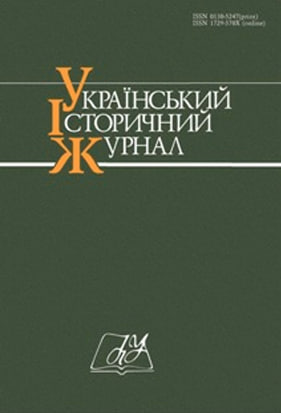How Can We Decolonize the Gulag Studies? Prevailing Russian Narratives and Prospects to Achieve Epistemological Justice
DOI:
https://doi.org/10.15407/uhj2024.05.205Keywords:
Gulag Studies, Russian imperial narratives, decolonization, epistemological justiceAbstract
The purpose is to examine the problem of Russocentrism of the history of the Gulag in the context of the discussion on decolonization of Soviet studies that has developed in the Western academy during the Russo-Ukrainian war.
The methodological basis consists of the end-to-end analysis of the world historiography of the Gulag to expose that the principal historical researches are based on Russian / Russian-language sources and publications, which de facto determine the thematic framework, visions and assessments.
The novelty derives from the fact that for the first time the concrete examples are used to show how Russocentric approach leads to a one-sided and distorted knowledge of the Gulag as a complex historical phenomenon.
Conclusions. The author argues that the dominance of Russian narratives and the neglect of the perspectives of other national groups is a continuation of the USSR’s imperial policy and a manifestation of epistemological injustice. The author suggests going beyond the classic Russian-language texts on the Gulag and including more primary sources produced by representatives of other ethnic groups in the historical analysis. This will allow us to see the diversity of experiences of captivity as a consequence of different social identities of prisoners (national, gender, religious, political, professional, etc.).


